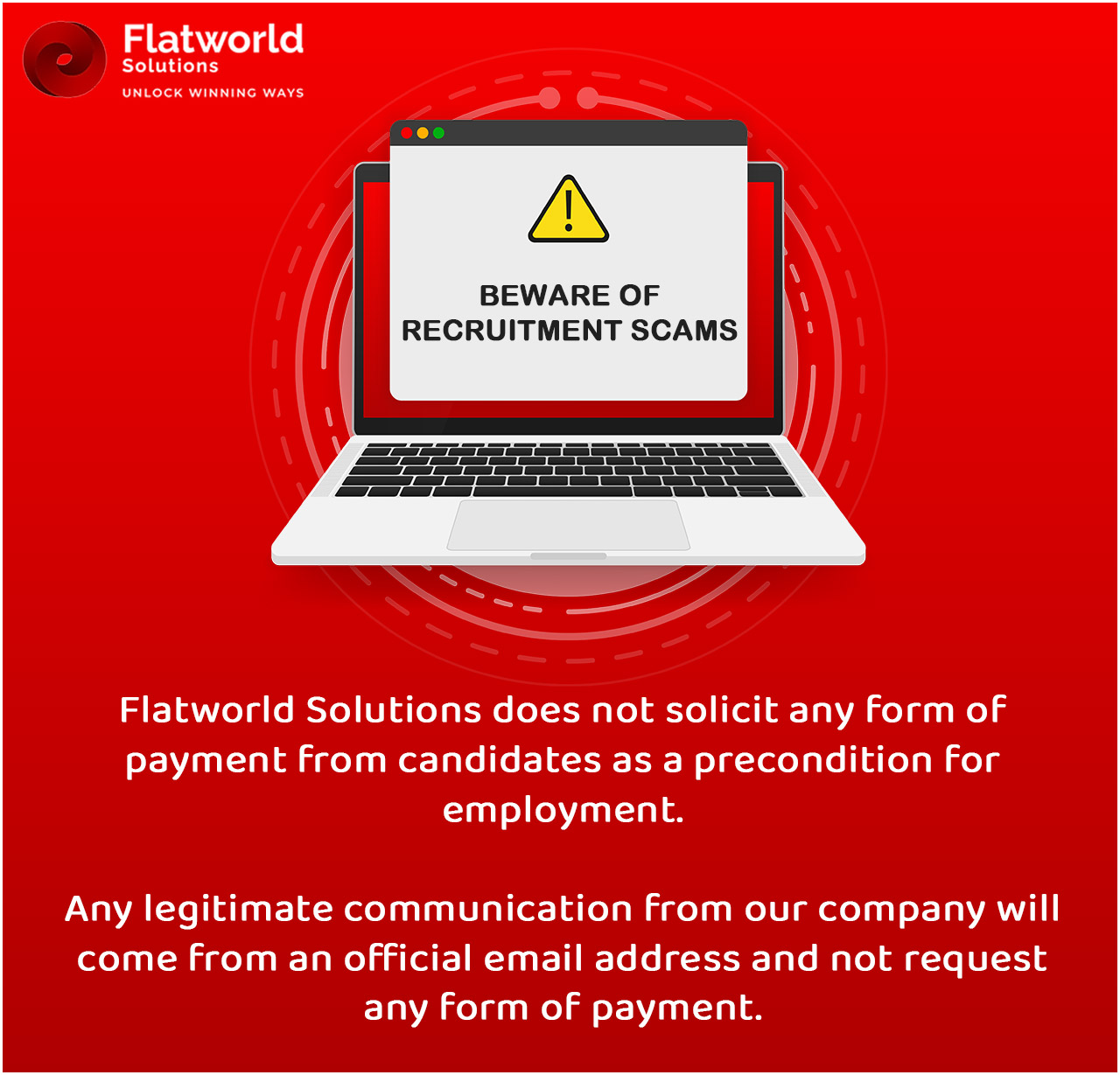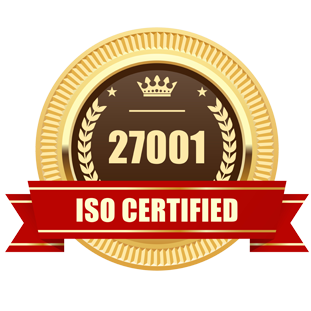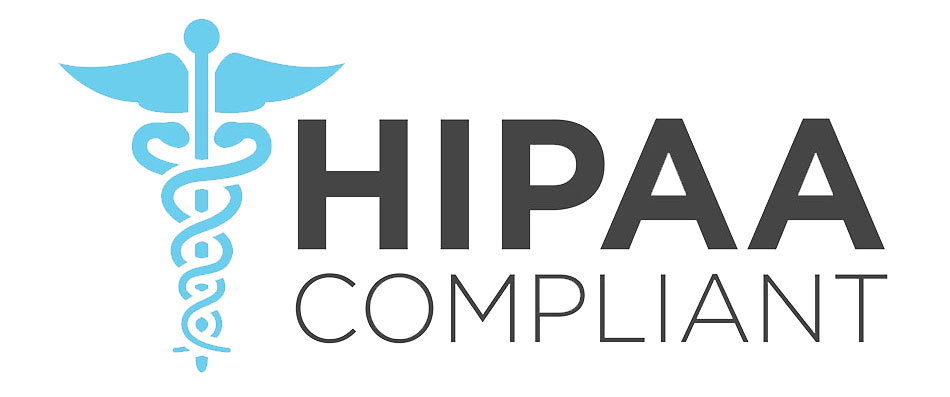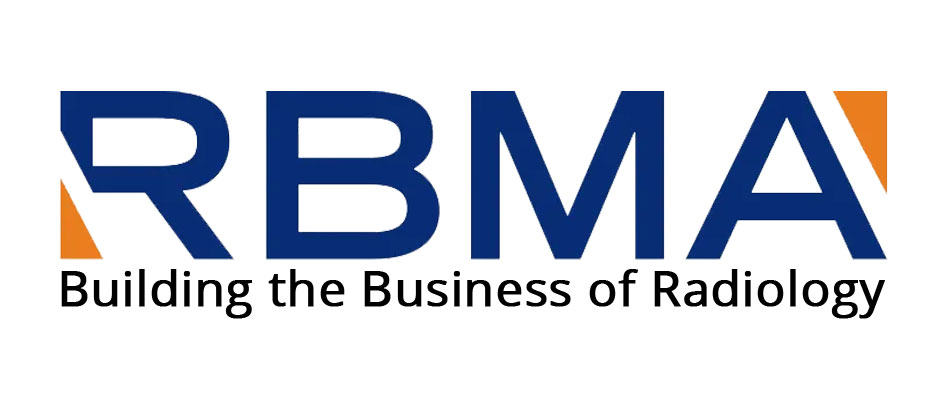Denial management has become an essential process that healthcare providers must use to ensure they receive accurate compensation for their claims and boost their revenue. Poor denial management can result in delayed payments, denied claims, and even financial losses. The rising complexity of the healthcare billing process and compensation suggests that healthcare providers should employ effective strategies to achieve denial management and improve financial performance with high efficiency. Thus, they can enhance revenue cycle management.
Effective denial management in healthcare involves training and education, clear communication, a responsive feedback system, and the use of advanced tools. When all the involved parties are aligned, the denial management process becomes smoother.
Let's go through the tips that help you streamline healthcare claim denial management.
-
Implement Data Validation Protocols
Implementing data validation protocols serves as an inevitable step in enhancing the denial management for healthcare claims. Typically, denial management systems are employed with advanced reporting features allowing healthcare providers to assess denial data and make informed decisions.
To enhance data accuracy and integrity, make sure all the patient diagnoses, information, and processes are precisely recorded. In the process of denial management in medical billing, you must regularly conduct audits to detect and correct any discrepancies in the data.
Moreover, you must employ standardized processes for data entry and validation to reduce errors, thus ensuring seamless denial management services.
-
Staff Training and Education
Staff training and education are vital when it comes to improving denial management. Conducting regular training sessions that involve role-playing, and simulations can be quite helpful for training the staff on how to deal with real-life scenarios. Besides, staff training programs focus on best practices for precise documentation and effective coding and billing practices.
This helps avoid denials before they take place. Continuous learning keeps the staff updated on policies and trends in denial management. The integration of an LMS enables smooth access to training materials and streamlines the tracking process. Hence, these tricks regarding staff training contribute to effective claims denial management.
-
Leverage EHR Systems
Significant improvement in denial management in healthcare claims is possible by leveraging Electronic Health Record (EHR) solutions. Advanced EHR solutions can automatically validate insurance coverage and patient eligibility before the submission of claims. Hence, the costs of denials due to coverage concerns are reduced.
EHRs offer real-time updates and access to patient data. As a result, you are ensured with timely amendments and updates to claims before submitting them. Leveraging HER systems ensure interoperability that enables seamless communication and data sharing among various EHR systems.
EHRs offer real-time updates and access to patient data. As a result, you are ensured with timely amendments and updates to claims before submitting them. Leveraging HER systems ensure interoperability that enables seamless communication and data sharing among various EHR systems.
Interoperability in healthcare denial management makes patient information available when required. Furthermore, HER solutions help maintain accurate and up-to-date patient records to ensure easy access without any risk of wrong or missing information.
-
Automate Denial Tracking
The optimization of denial management workflows can significantly enhance the efficiency of managing healthcare claims. Specifically, you can use healthcare claims denial management software that can automatically oversee and classify denials. Subsequently, it becomes simpler to detect patterns and address repetitive issues.
Setting up automated alerts ensures staff can immediately handle the issues. You can integrate denial management workflows with existing systems to make sure that data collected from billing software, EHRs, and other systems flows seamlessly into the healthcare denials management system. Thus, errors are minimized during manual data entry. Besides, you can use analytics tools to detect commonly observed denial patterns and trends.
-
Standardize Appeal Processes
A denial management system can work more efficiently if appeal processes are standardized. Framing uniform appeal protocols is quite beneficial for efficient denial management. You can set out consistent and clear guidelines regarding the submission of appeals to ensure that everybody follows the steps identically.
Using templates guarantees that all appeals include the necessary information and follow a specific structured format. Hence, the chances of missing important details are minimized. Consistently tracking key metrics can help optimize denial appeals. Make sure to regularly assess the success rates of those appeals you use and eventually determine what worked and what did not.
-
Implement Predictive Analytics
Collecting historical denial data from different sources (like billing systems, EHR solutions, etc.) is important. Once collected, this data can be evaluated for factors like procedure codes and patient demographics. Predictive analytics can help eliminate claims that are at a high risk of denial of hospital denial management, enabling you to proactively address potential issues. AI algorithms evaluate huge amounts of historical claims data to detect trends and patterns associated with denials.
Subsequently, you can tailor strategies depending on these insights. Moreover, the model uses this data to predict which claims are likely to be denied before they even come in.
-
Cross-Departmental Coordination
Another key tip to make denial management solutions more efficient is to facilitate cross-department coordination. You can employ a centralized communication platform that allows all departments to share updates and collaborate on claims in real-time.
Encouraging staff from various departments to discuss denial cases and collaborate with each other ensures a more coherent approach. Regular meetings between teams from coding, billing, clinical, and administrative departments can be valuable for discussing strategies and trends.
Besides, encouraging staff to understand the workflows and roles of other departments can help detect and implement best practices.
The Conclusion
All the above discussed tips act as targeted strategies that help reduce common denials in medical billing. For example, performing automated eligibility checks, and adopting proactive tactics that determine potential denials before claims are submitted. With denial tracking and reporting tools, it is easy to predict potential denials and make the management of healthcare denials more efficient.
Improved assurance of returns ensures that claims are compliant and accurate at the time of submission, making them less likely to be denied. Effective denial management ensures faster resolution, which means better cash flow and a healthy financial position sustained over time.
Contact UsOur Customers





Key Differentiators
AHIMA Healthcare Convention 2016

USA
Flatworld Solutions
116 Village Blvd, Suite 200, Princeton, NJ 08540
PHILIPPINES
Aeon Towers, J.P. Laurel Avenue, Bajada, Davao 8000
KSS Building, Buhangin Road Cor Olive Street, Davao City 8000
INDIA
Survey No.11, 3rd Floor, Indraprastha, Gubbi Cross, 81,
Hennur Bagalur Main Rd, Kuvempu Layout, Kothanur, Bengaluru, Karnataka 560077















